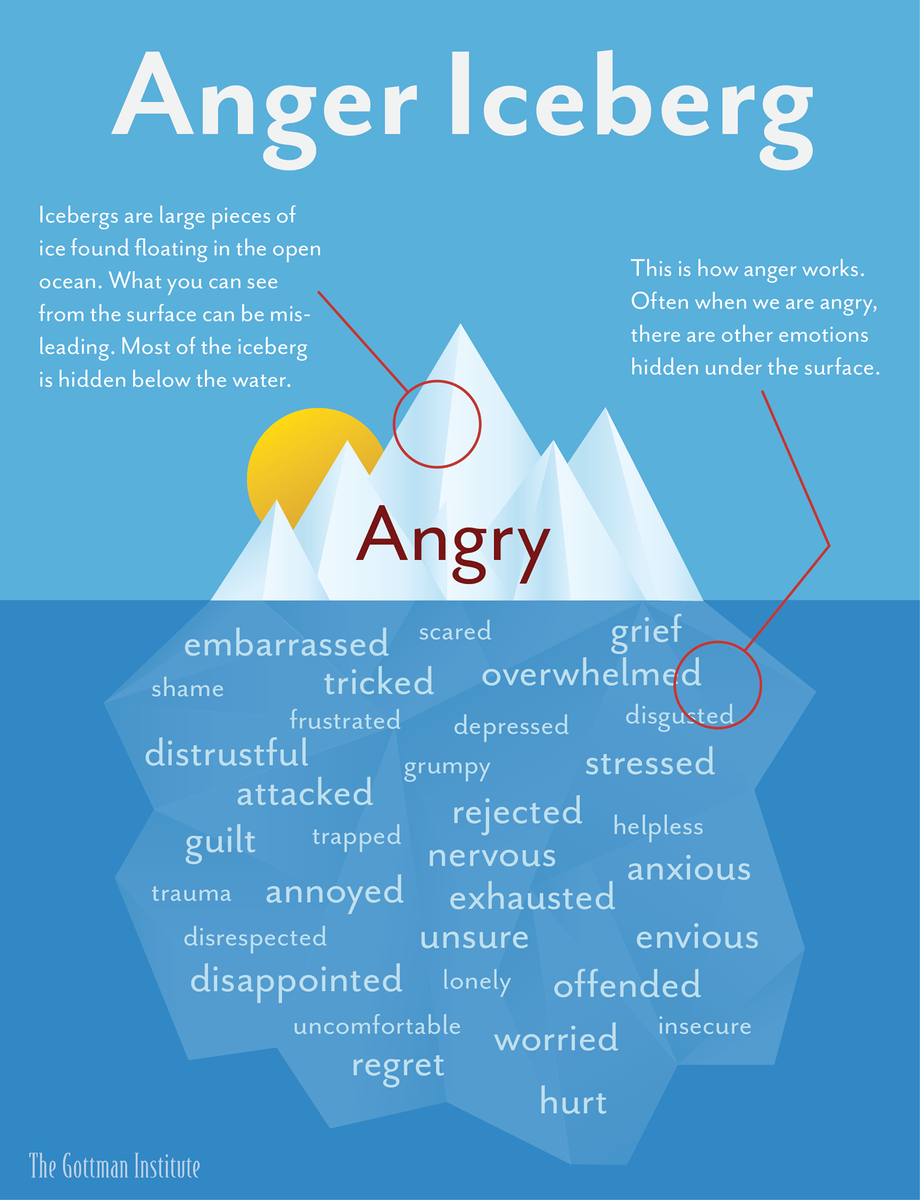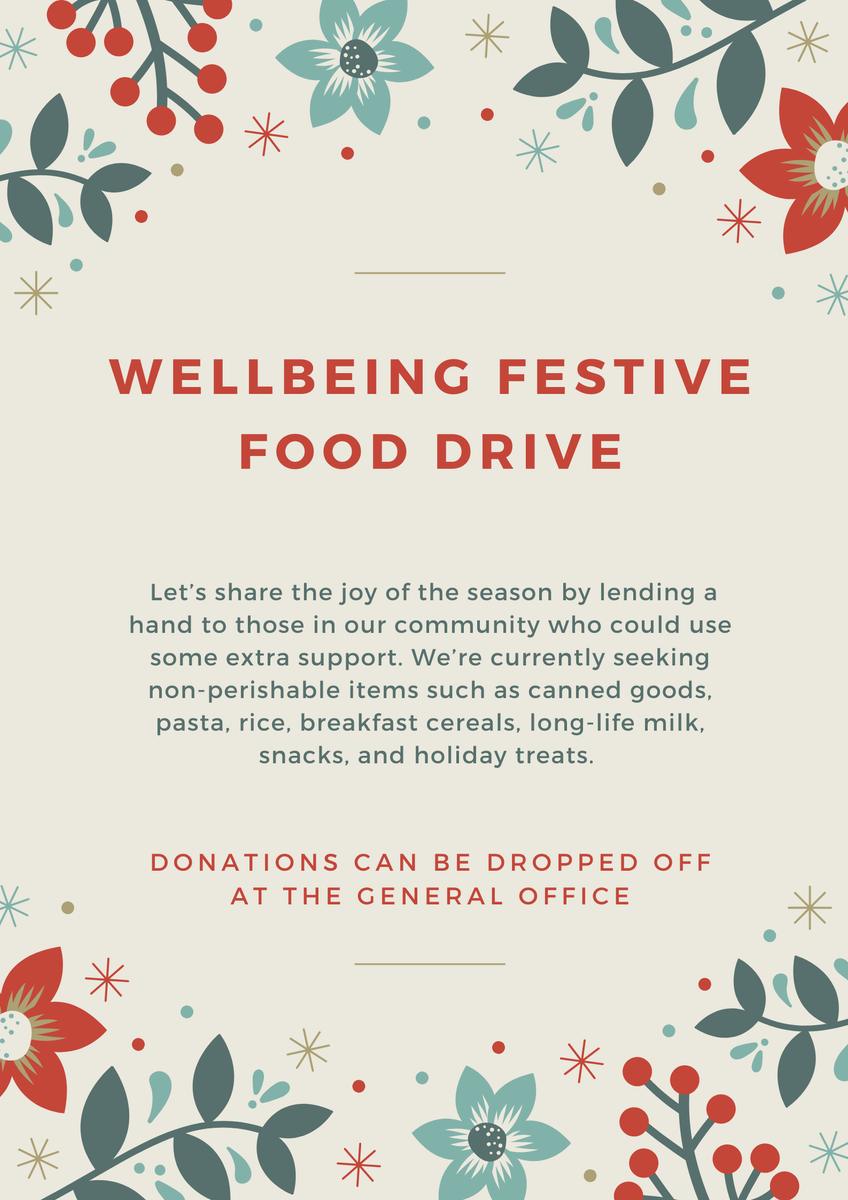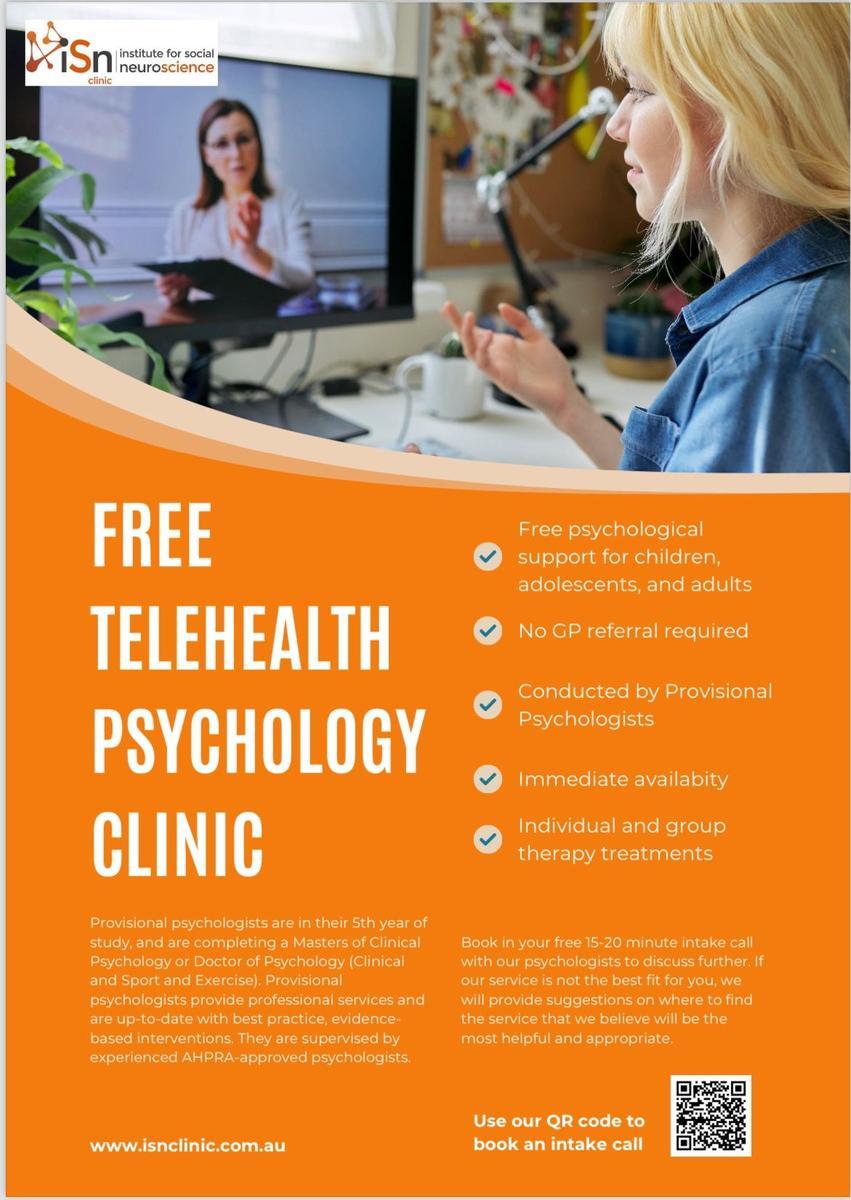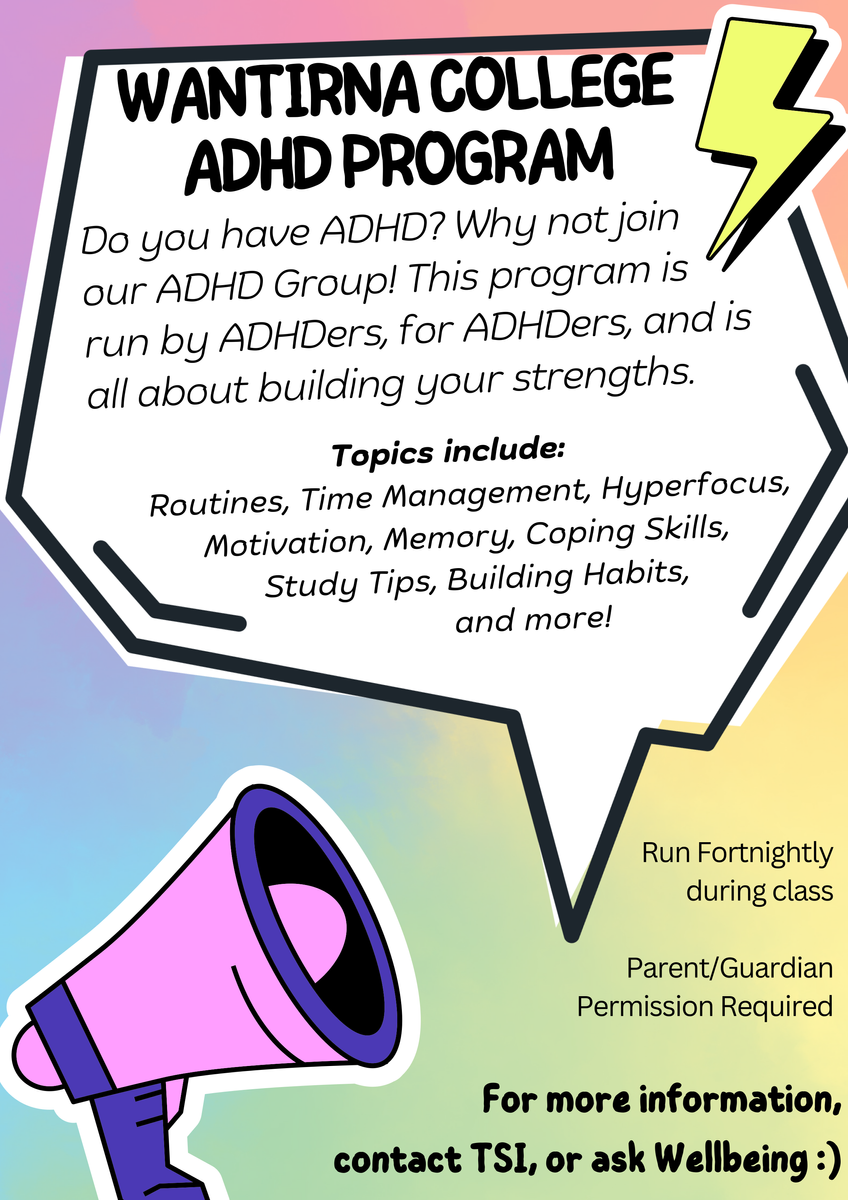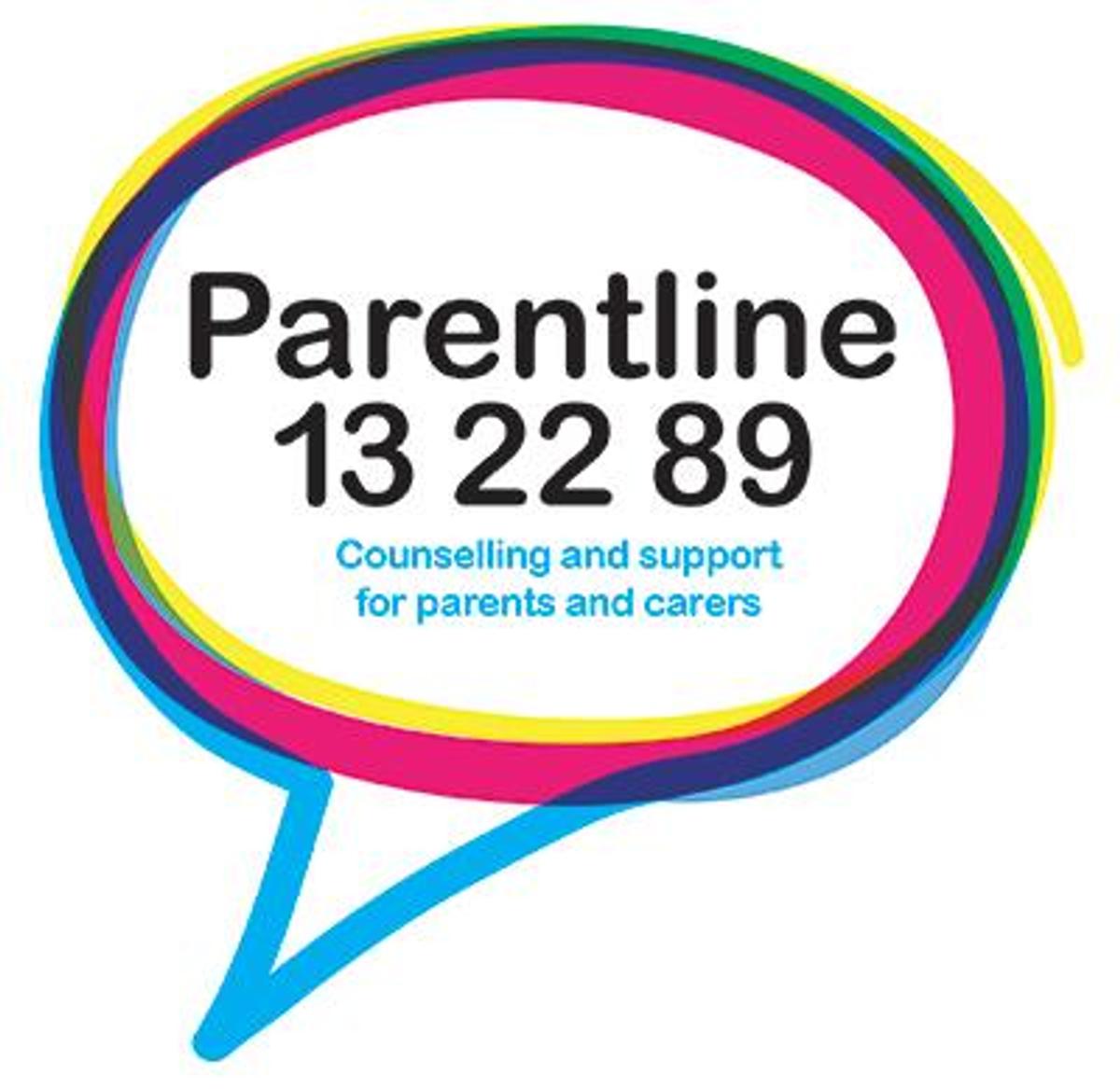Parent Wellbeing

Navigating Teen Anger
Dealing with a teenager’s explosive anger can be a daunting challenge for parents. When your teen lashes out, it’s not just difficult for them; it can be equally tough for you. However, by focusing on the underlying reasons for their anger rather than just the behaviour itself, you can better manage your own responses and provide the support your child needs.
Reframe Your Perspective
It’s easy to lose your composure when your teen lashes out. Instead, try to view their behaviour as a signal of distress rather than a problem to be solved. Teens often experience overwhelming emotions that can lead to explosive outbursts. Recognizing this can help you manage your own emotions and respond in a way that aids your child. Adolescence is a time of significant brain development, which influences how teens react to stress. During stressful moments, the primitive part of their brain can trigger a 'fight or flight' response, causing them to lash out or retreat, often without realizing the impact of their actions. Understanding this process allows parents to approach their teen’s anger with greater empathy.
Responding with Calmness, Not Control
Attempting to control an angry teen can exacerbate the situation. Instead of raising your voice or issuing immediate punishments, focus on maintaining calm communication. Strategies include:
- Lowering your tone of voice
- Slowing your speech
- Relaxing your body language
- Allowing your teen space to cool off
- Reconnecting once both of you are calm
Avoid seeking apologies or explanations during their anger; instead, wait until emotions have settled to address the issue.
Identifying the Root Cause
Explosive anger usually doesn’t arise without a reason. Feelings of disconnection, powerlessness, or insecurity can trigger such behaviour. Spend time observing your teen’s reactions and engage in conversations about their feelings when they are calm to uncover the root causes of their anger. Using empathetic language can be helpful to explore the emotions behind their anger. Validating their feelings with statements like, “I can see you were very angry; it must have been difficult,” can help. Encourage reflection with open-ended questions, such as:
- “What were you feeling before you got angry?”
- “Did something specific upset you?”
- “Can you help me understand what triggered your anger?”
Helping Teens Recognize Anger Cues
Teaching your teen to identify early signs of anger, such as tense muscles, rapid breathing, body temperature changes (hot flashes), or pacing. Encourage them to adopt healthy coping mechanisms like exercise, listening to music, journaling, or talking to a trusted adult when they feel anger building. Helping your teen identify their triggers is also helpful. Collaborate with your teen to develop strategies for managing these situations effectively. A great visualization for helping teenagers explore their anger is “The Anger Iceberg”:
Navigating a teen’s emotions is a long-term process. Regular, supportive conversations can help your teen gradually develop emotional regulation skills. Remember, emotional maturity and self-regulation continue to develop well into their twenties. Celebrate small successes along the way and emphasize the importance of persistence.
Wellbeing Festive Food Drive
This holiday season, Wantirna College is spreading the spirit of giving with our annual Wellbeing Festive Food Drive! We’re collecting non-perishable food items to support families in need over the holidays, and we need your help to make a difference.
The rising cost of living has made this time of year especially challenging for many, but together, we can make a meaningful impact. Let’s share the joy of the season by lending a hand to those in our community who could use some extra support.
We’re currently seeking non-perishable items such as canned goods, pasta, rice, breakfast cereals, long-life milk, snacks, and holiday treats. This can be dropped off at the General Office. Every donation counts, and together, we can bring joy and relief to those who need it most. Thank you for your kindness and generosity!
Talea-Jane Simpson
Acting Leader of Wellbeing
tsi@wantirnacollege.vic.edu.au
Parent Support Services
Parentline: 13 22 89
Youth Support Services
headspace: visit headspace.org.au to find your nearest centre or call headspace on
1800 650 890.
Kids Helpline:
1800 55 1800 or kidshelpline.com.au
ReachOut: reachout.com.au
SANE Australia: 1800 187 263 or sane.org
National 24/7 crisis services
Lifeline:13 11 14 or lifeline.org.au
EACH Community Health: 1300 003 224
Knox Youth Services: 9298 8469
Suicide Call Back Service: 1300 659 467 or suicidecallbackservice.org.au
beyondblue:
1300 224 636 or beyondblue.org.au
Student Wellbeing Team
Email: wellbeing@wantirnacollege.vic.edu.au
Talea-Jane Simpson – Acting Wellbeing Leader
Courtney Moran – Acting Wellbeing Leader
Guiseppe Relia – Wellbeing Coordinator
Sanela Avdic - Wellbeing Counsellor
Tajinder Wulff - Mental Health Practitioner
Katrina Gyngell - Mental Health Practitioner

